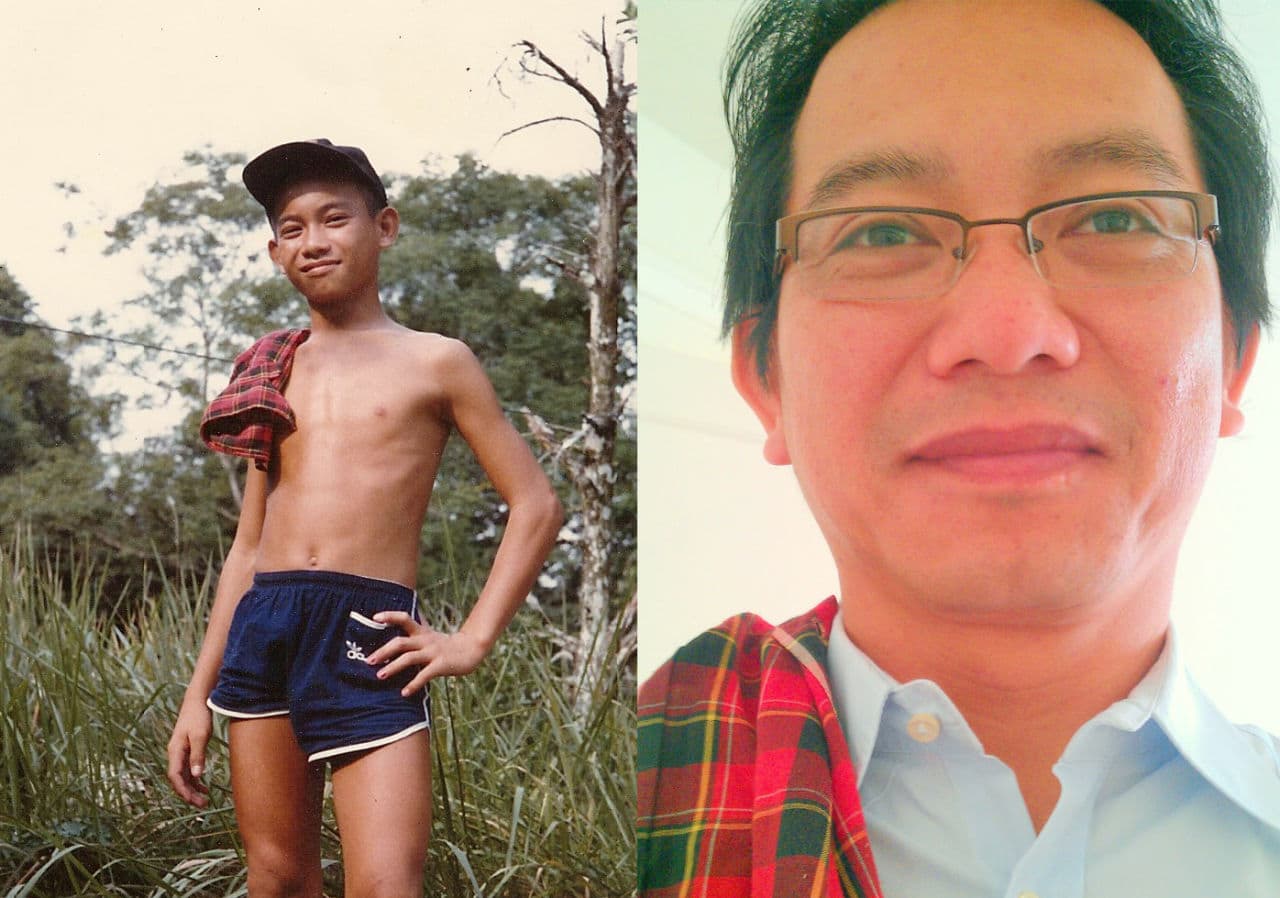Advertisement
Vietnamese 'Boat Person' Speaks Out About Refugee Crisis
ResumeAmong those closely following the plight of Syrian refugees are those who know firsthand what it means to flee one's homeland with no assurance of ever reaching a safe destination.
In his blog "Life in Commute" Sonny Le writes, "Just imagine... the many Vietnamese Americans and immigrants that you know or have met, the Vietnamese restaurants, the nail salons, doctors, mechanics, professors, gardeners, artists, engineers and nurses, and myself included, wouldn't be where we are today if you had turned your back on us 30 years ago."
Le is referring to the so-called Vietnamese Boat People - the Vietnamese refugees who fled their country between 1978 and 1980 to escape the brutalities of the Communist regime, several years after the fall of South Vietnam. It was during that crisis that Jimmy Carter famously walked out of the White House to talk to the protesters at his front gate, telling an organizer: "I will not let your people die."
Sonny Le shares his story and his perspective on the current refugee crisis with Here & Now host Meghna Chakrabarti.

Interview Highlights: Sonny Le
What happened the night you left Vietnam?
"Basically, we were on a tiny river boat with 304 other people and we were snaking along the coast in the inland waterway. And once we got over into the open-end of the ocean in the South China Sea, we made a break, trying to run away from the coast as fast as possible."
What were conditions like on the boat? Did you have enough food and water?
"Looking back, I can smell it – I call it the stench of death. I mean it was fecal matter, it was urine, vomit combined, and the sweat baked in the sun, and it was overwhelming."
"We thought we did, we thought we did. Of course we didn’t. Within the water tank, we had some catfish and we thought we could use that water with the fish and cook with the rice. And when the hull broke, I mean, we ran out of fresh water. Basically we were squeezing jicama for a few droplets here and there like people digging in the desert for those tubers in the Sahara in the Kalahari. Basically that is what we were doing. And there were like literally 300 people on the deck. Looking back, I can smell it – I call it the stench of death. I mean it was fecal matter, it was urine, vomit combined, and the sweat baked in the sun, and it was overwhelming. And in fact, people went insane. One man, he couldn't take it. So he jumped into the water and disappeared – just like that."
Do you think there’s a moral responsibility for the United States to do more?
"Yes, I think we do. I believe that NATO, and the U.S. particularly, should have a resettlement policy as part of the State Department and the Department of Defense. You know, we cannot go around the world engaging in regional conflicts behind the scenes or front without thinking that at some point people will be displaced, and what are we going to do about it? I mean, we can't be a world policeman and peacekeeper without thinking the side effects of that. You know, looking back, what if the U.S. hadn't been a part of the Vietnam War? I probably wouldn't be sitting here talking to you. Though I appreciate being here, I keep asking myself in the back of my mind 'what if? What if there was no Vietnam War?'"
Guest
- Sonny Le, communications instructor at the San Francisco State University, College of Extended Learning. He tweets @sonnylebythebay.
This segment aired on September 9, 2015.